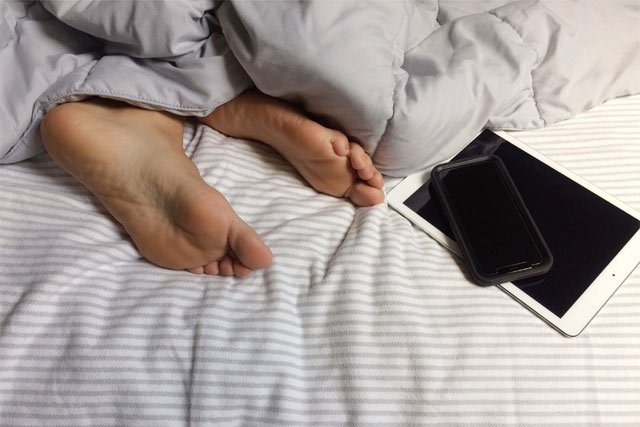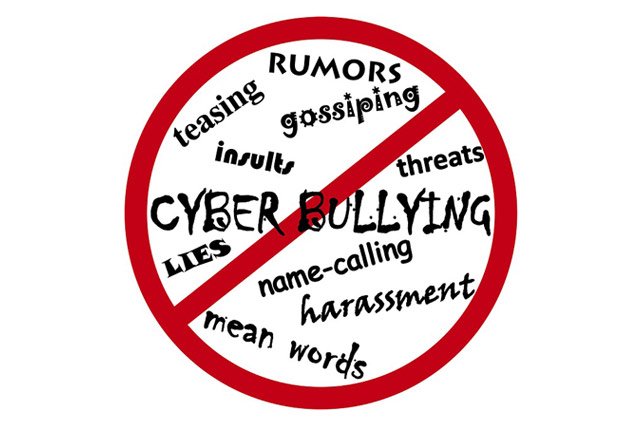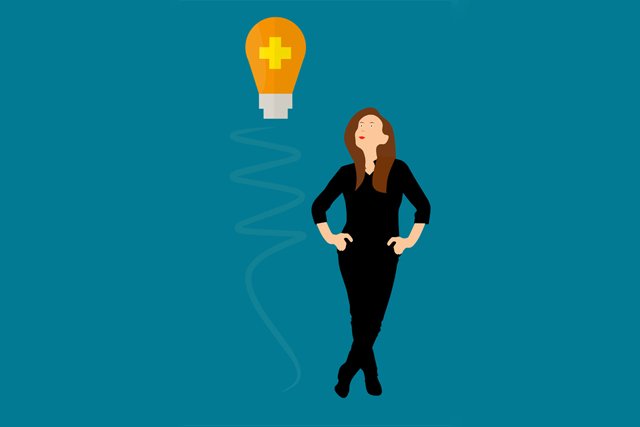Several studies have been conducted to find out the relationship between social media and mental health. The concluded reports show a deep association between social media use and depression, anxiety-like mental illnesses! But how does social media have such a significant impact on our intellectual well-being? Is it going to affect you even more? Or will we be able to find a solution to this universal problem? Let’s review specific facts and figures and explore the answers to these questions.
Why Is Social Media Bad for Mental Health?
I can not say that social media and mental health are interrelated because of just one or two factors! There are several direct and indirect influences on this statement. Since youth is the part of the population that has access to social media platforms, most of the factors are attributed to them. Check out below!
Affecting the Quality and Quantity of Sleep

More than necessary, using social media could directly affect your sleep timings. I do not doubt this because excessive exposure to screens affects your sleep. And since social media makes up for much of our screen time, it is a culprit. Not only the quantity but the quality gets affected adversely too. Usually, after long hours of social media usage before sleep, you end up feeling dizzy and sleepy. That is because you did not sleep well, and it now significantly impacts your mind and intellect.
Scientific research on general physical well-being concluded that social media usage is highly associated with poor sleep quality! A growing body of evidence has been provided by conducting several surveys that could relate to the fact that this is one of the negative effects of social media.
Limiting the Actual Social Activities

Would you prefer to travel to your friend’s home to study together when you can quickly get done using WhatsApp? Or any other social media account? NOT! This is how social media has caused a sharp decline in the number of social activities we are used to. I think this can be a positive aspect of social media, i.e., to get done with your work faster than before. But on the other hand, it also limits face-to-face communications and promotes distant friendships and relationships.
Lack of social activities and in-person communication can also significantly affect our mental health. The British Journal of Psychiatry is considerable proof that real-world socializing is better than digital socializing for human beings.
Exposure to the FOMO (Fear of Missing Out)

Passive use of social media, i.e., when using your accounts to check out other’s activities and successes, creates a feeling of inferiority complex inside you. This leads you to the condition, commonly called FOMO, the fear of missing out. I also have experienced this condition, and trust me, when you start comparing your life with people’s lives on social media, you start disregarding yourself in every matter of life. A significant direct effect of FOMO is the lack of confidence and lower self-esteem. This mental state also gives birth to inadequacy and ungratefulness.
People also start considering themselves useless, and hence, this, in extreme cases, leads to the disgraceful act of suicide!
Causing Cyberbullying Crime

We all are well aware of the fact that news spreads like fire on social media. If somebody gets to know about some fake exciting information about you, they can put it on Facebook and use it against you to threaten you! THIS IS HOW EASY CYBERBULLYING IS! Social media platforms are the pathway that leads to such criminal activities and, therefore, destroys the emotional health of people who are a victim of it. If you have never been a target of such crime, be thankful! Cyberbullying has been embedded in our generation’s mindset so firmly that nowadays, one out of every seven people has been subject to it.
If social media accounts become more secure, we can eliminate such harmful acts from our society. However, crime will still find its way out if it wants to! The best thing you can do is NOT to TRUST EVERYONE online. Plenty of fake accounts get you into significant trouble once they know essential information about you.
Also, the absence of Block/Report a person in the new Clubhouse app is raising concerns for users. Will the newer platforms be safer, or will they worsen?
Producing Feelings of Loneliness

The introverts reading my article might think that social media is the easiest way to avoid live conversations! Though this fact can be a positive effect of social media for them, humans are social well-being! I am an extrovert and need many social activities to keep myself from feeling lonely. But no matter whether you are an introvert or an extrovert, if your spouse or friend is sitting in the same room as you, busy on their cell phone without giving any heed to you, you might develop feelings of loneliness sooner or later!
Social media may also cause you to become shy, socially awkward, and less able to deal with the world. Tackle your social insecurities and fears, learn to get out of the world of social media, and expose yourself to more healthy face-to-face communications!
Making You More Self-Absorbent

While social media makes you feel inferior, it can also make you feel superior to everyone else, indulging you in an eternal mode of self-obsession! When I used to post many selfies and daily life activities on Facebook, I started feeling like I was the most privileged among all my other friends, which took me to another level of self-confidence. No doubt, gaining confidence is very important, but being overconfident looks unprofessional and lame, too, sometimes!
Also, Excessive self-centeredness is unhealthy and negatively affects your personality! The article ‘Social Capital and mental health’ by Kwame Mackenzie makes this opinion clear. Feelings of selfishness may also be produced due to the overuse of social media, hence clearing out that a connection does exist between social media and mental health.
Conclusion
I will advise you to use social media well and help your community grow better and healthier. You can do that by avoiding cyber crimes, being more friendly, being concerned with others’ problems, and being mature enough. This is all about the relationship between social media and mental health. I hope to see you soon with another exciting blog article that could help you understand the different complexities of our society and make you a better person, physically and mentally! Drop your queries down in the comments box below until next time!





